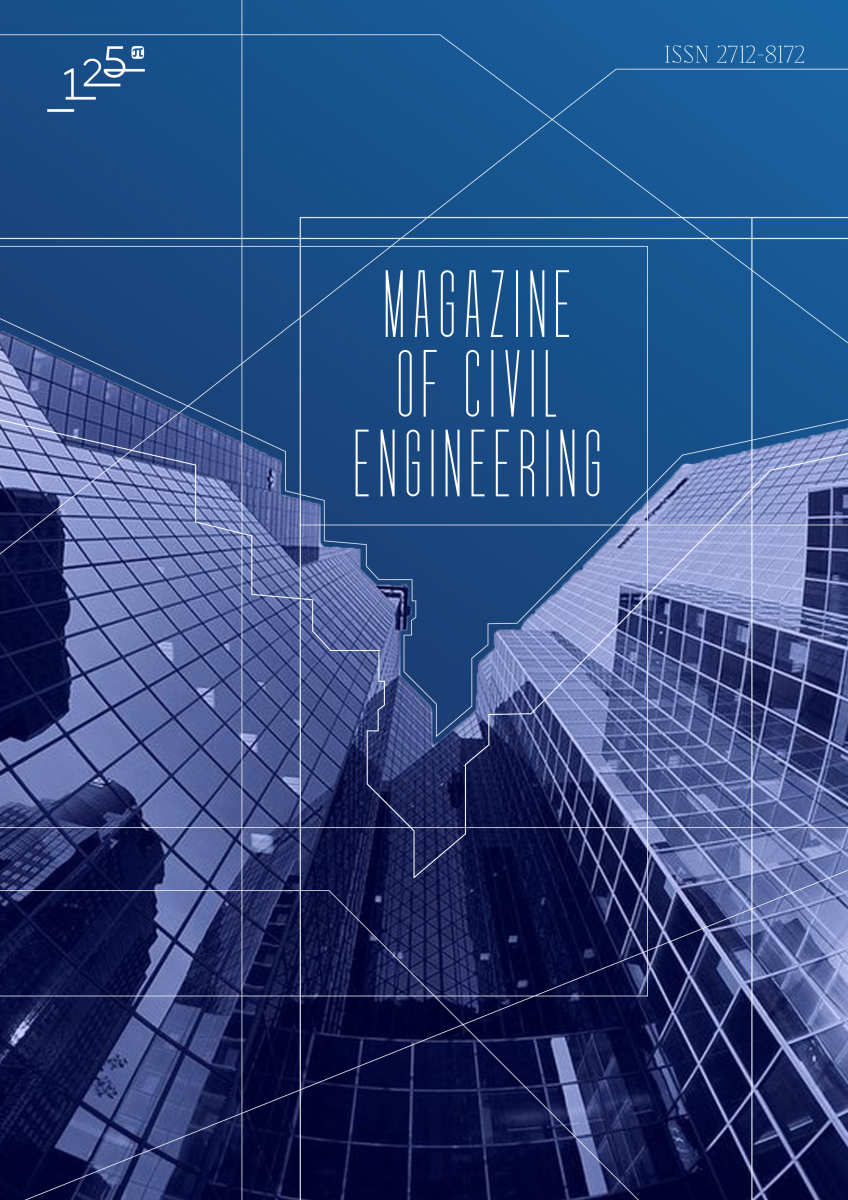Performance of elastomeric seismic isolators under long-period earthquakes
This research investigates the performance of elastomeric (laminated rubber) seismic isolators for the protection of medium-rise structures under the effect of long-period earthquakes. A finite element model of a midrise structure with elastomeric seismic isolators has been modeled and the dynamic performance of the structure has been examined under the effect of the 1985 Michoacán (Mexico City), 2003 Tokachi-Oki, 2010 El Mayor, and the 2016 Kaikoura earthquakes. The performance of the structure is studied in three cases, all equipped with elastomeric isolators with different natural periods. The natural-period of isolators in the first, second, and third cases is 2.5, 4, and 5 seconds, respectively. The comparison of the three cases in terms of mitigating earthquake energy shows that the effectiveness of elastomeric seismic isolators with lower periods (2–3 seconds) is significantly limited under the effect of long-period earthquakes. In common practice, elastomeric seismic isolators are produced and used with a natural period of 2–3 seconds, a seismic isolator having a period within the mentioned range will have serious shortcomings for dissipating earthquake energy when subjected to a long-period earthquake. The results of this study indicate that elastomeric seismic isolators with 5-seconds exhibited considerably better performance compared to that of 2.5 and 4-second seismic isolators.


